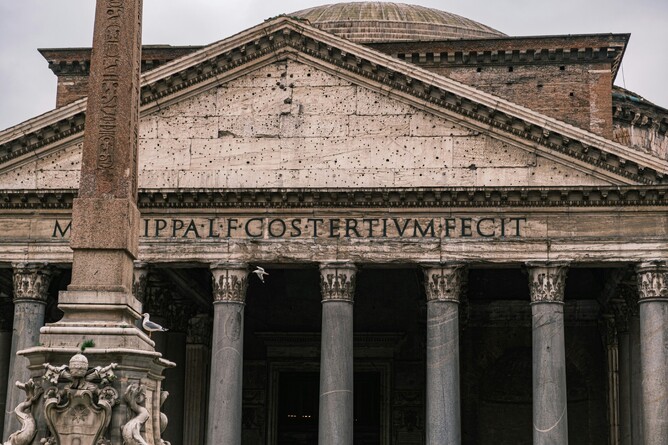By Mark Grace, CCCNZ Ambassador
A e rua tino tau i noho ai a Paora ki tona whare i utua e ia, a manaakitia ana e ia te hunga katoa e tomo ana ki a ia.
‘Ua nofo fo‘i Paulo i tausaga e lua i lona fale e totogi; sa talia lava e ia i latou uma sa ulufale atu ‘iā te ia.
For two whole years Paul stayed there in his own rented house and welcomed all who came to see him.
Acts 28:30
The Book of Acts records events that took place in the first 30 years of the church’s existence. It tells of the gospel’s spread from Jerusalem to Samira and now to the most influential city in the world, Rome. The book records 30 years of church planting and incredible gospel growth.
The entire second half of the book follows the story of Paul’s ministry. For years now, Paul had been trying to reach Rome. It’s like the author Luke was building the story towards a crescendo, when Paul would finally reach the capitol of the world.
But when Paul finally arrives, Luke brings Acts to an abrupt close. The “hero” of the book is just waiting under house arrest. Acts 28:30, the second-to-last-verse of the whole book, describes his predicament.
Paul waited under house arrest for two years! It’s a somewhat ignoble conclusion, and very anti-climactic. You’d be forgiven for asking, “Is that it? Really?”
But isn’t this exactly how God has chosen to work in the world?
As Paul says in 1 Corinthians 1:27-29:
'God chose the foolish things of the world to shame the wise; God chose the weak things of the world to shame the strong. God chose the lowly things of this world and the despised things—and the things that are not—to nullify the things that are, so that no one may boast before him.'
Paul's arrest might make him appear weak in the eyes of the world. But what seems like a counter-intuitive ending is actually a moment of triumph for God’s kingdom.
In verse 31, Luke records that Paul proclaims the kingdom of God and teaches about the Lord Jesus Christ, with all boldness and without hindrance. In weakness and in dependency on others, Paul continues his work slowly and quietly, in the best way that he could.
God used even the anti-climactic house arrest of Paul to lay a foundation for the gospel to spread through Rome and the rest of the world in the coming centuries.
Though it might appear to be a strange way to end the book, Luke concludes with a picture of Paul’s unfinished work—work that God is continuing in our land today.
I am grateful for JC Marais, whose devotion on Acts 28 this week provided inspiration for this one.



